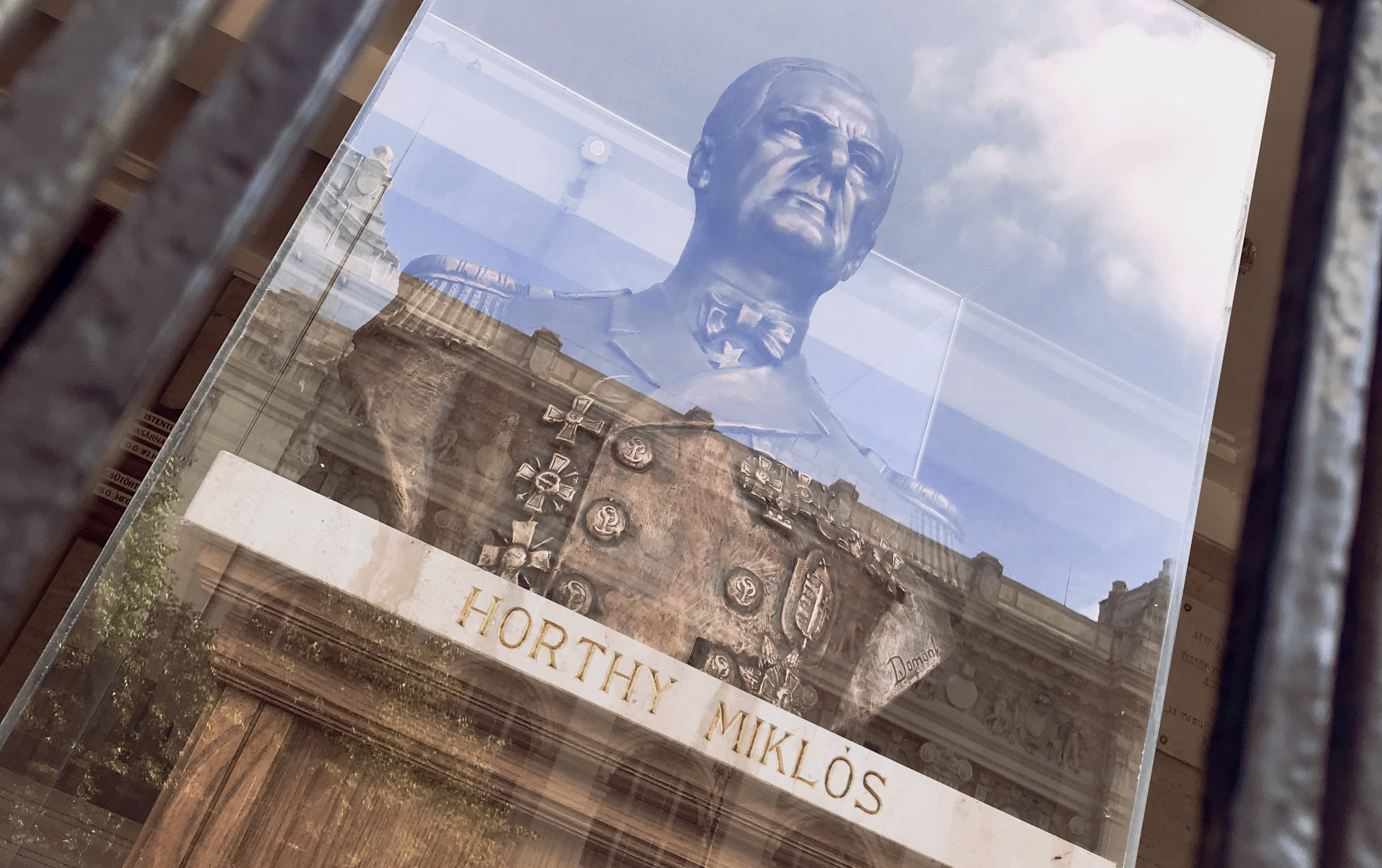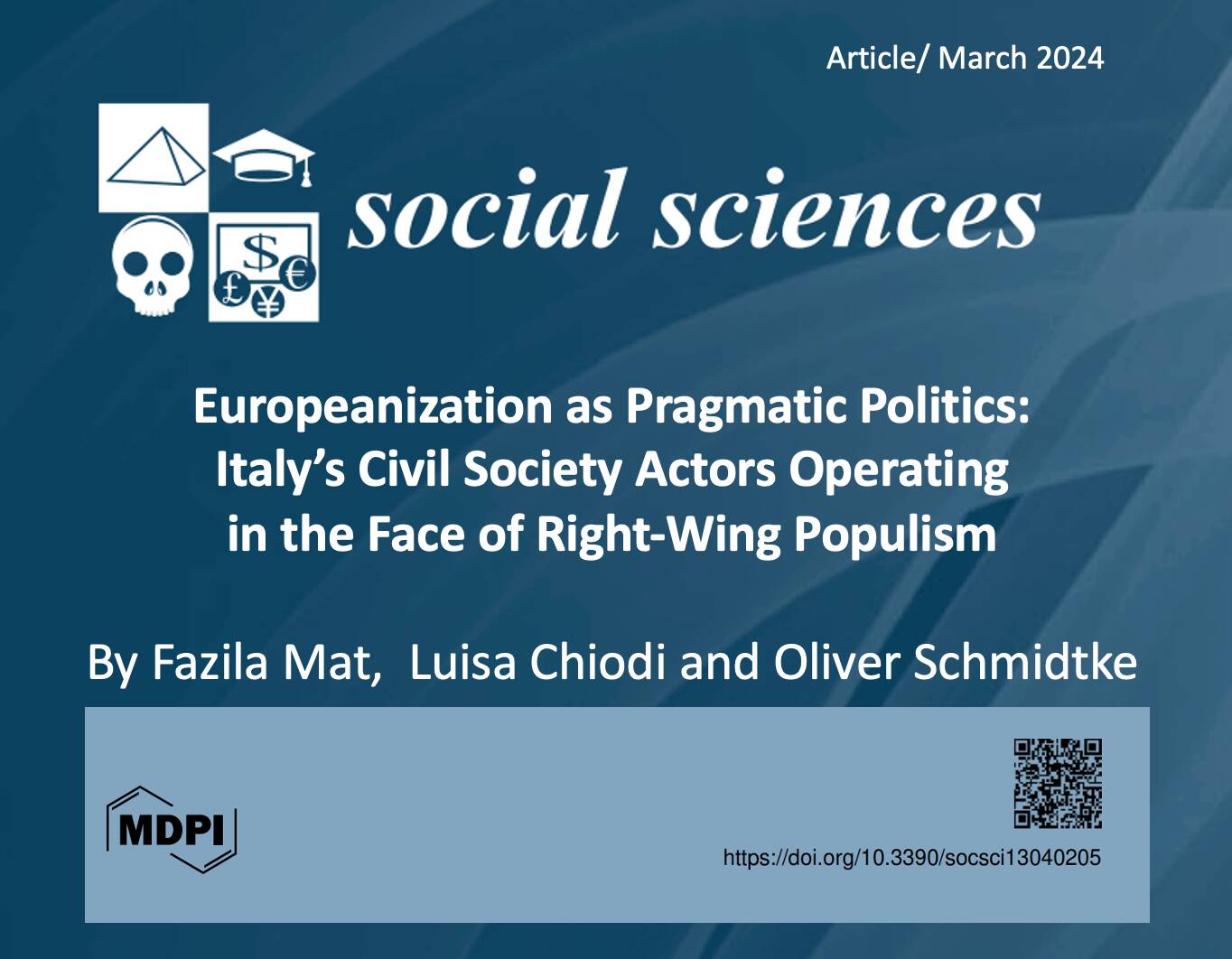Oliver Schmidtke: Exploring the Rise of Populism and the Threat to Liberal Democracy
In this lecture, Oliver Schmidtke conceptualizes the rise of populism as a way of a mirror image of the state of current liberal democracy. Noting that populism speaks to liberal democracy’s shortcomings, he stresses that right wing populism is driven by a frustration with contemporary forms of democratic governance.
Providing a broader historical introduction to the concept of populism – a concept that has been challenged in terms of how to best define it – Schmidtke notes that the sense of optimism dominating Europe in the 1990s about the spread of democracy, along with the view that considered liberal market-driven form of governments being the ultimate stage of organizing our political community, have seen a lot of change.
As noted by Peter Mair in 2013, “what we see today could be interpreted as an important step towards the hollowing out of democracy”, says Schmidtke. And he adds that despite the expansion of democracies in the world, there is a decline in the quality of democratic rule, to a certain extent, at least.
While authoritarianism and right-wing populism are seen as current threats to liberal democracy, these exist not only as external threats to European democracies but also within the European Union itself, as in the cases of Hungary and Poland, where the integrity of democratic institutions – from the judiciary to the free media – is undermined by the ruling governments. In addition, whether democracy is providing a venue for the people to be meaningfully integrated into the decision making process has become doubtful.
In this regard, populist parties are very effective in building the case in which they represent themselves to be the voice of those people that had been silent, not heard – continues Schmidtke, identifying three critical dimensions of populism: 1 – anti-establishment or elite orientation; 2- a preference for popular sovereignty (the rule of ‘the people’ or silent majority); 3- a belief in the homogenous virtuousness of the people (binary coding: “us” and “them).
Schmidtke also stresses that populism is different from nationalism as the former is built on a vertical hierarchy between the ordinary people and the political and economic elite. Nevertheless, populism draws also on the ideological toolkit of nationalism. “Populists bring together two critical elements. The hierarchical sense of hiding the establishment on behalf of the ordinary people and then protecting the integrity and the identity of the people often defined in terms of the nation state’, he explains.
In terms of democratic rule, populism claims to speak on behalf of the people in a direct unmediated form. This draws on the frustration of people who feel they lost their voice. In this sense the rallies can be seen as a trademark of populist movements, as populists need to stage the immediate connection to the people, notes Schmidtke.
Right-wing populism’s discourse has the resurgence of the sovereigntist narrative at its core, and it clearly speaks to notions of insecurity, both related to economic status and also to identity issues. In this context, national borders are depicted as symbolic boundary markers for the ‘virtuous and homogenous people’. Accordingly, Schmidtke explains that the rise of right wing populism coincides with yet another dynamic in the globalization and Europeanization of societies that challenges the traditional communities.
In this sense, the border plays an important role in the rhetoric of populist actors. They describe the EU as undermining the integrity of nation states and putting into danger these borders. The ‘refugee crisis’ is thus exploited and border control is presented as a core challenge to contentious issues of state sovereignty, fueling populist rhetoric.
Schmidtke also identifies the driving forces of populism. First, he stresses that the hollowing out of democracy has left a void, which has caused a lack of trust in established institutions and its actors. There is a growing concern about what the democratic process is able to deliver, while the degree of cynicism towards democracy, especially among youngsters, is very strong. Second, the rise of social inequality and uncertainty, has brought increasing pressure on the middle class. Schmidtke stresses that with the sense of economic threat comes also a fundamental sense of cultural marginalization, which translates into the non-recognition, the disrespect that these groups feel towards the intellectual elites. Third, there is a dramatic decline in the electoral fortunes of social democracy. The crisis of the social democratic left has failed widely to offer a convincing counter-narrative that opposes the nationalist exclusionary rhetoric of right-wing populists, while addressing the concerns of people that feel left behind
In his final remarks Schmidtke stresses that he sees populism as a form of agonistic politics that is an indication of the crisis of democracy and a – possible – corrective to representative democracy. Nevertheless, he notes that populism has also a strong tendency towards illiberalism and thrives on political polarization. This illiberal character of populism is also evident in the way ‘the people’ is understood, as an anti-pluralistic homogenous people, with no room for minorities. Moreover, he adds, once populists come to power they regularly ‘occupy’ the state with mass clientelism and corruption.
*This is the second lecture for the annual EU and European Studies public lecture series funded by the Jean Monnet EU Centre of Excellence at the University of Victoria, in collaboration with the Centre for Global Studies, and the departments of Political Science, Public Administration, and History.






 https://www.dw.com/de/f%C3%BCnfte-amtszeit-von-angela-merkel/a-53453226v
https://www.dw.com/de/f%C3%BCnfte-amtszeit-von-angela-merkel/a-53453226v

